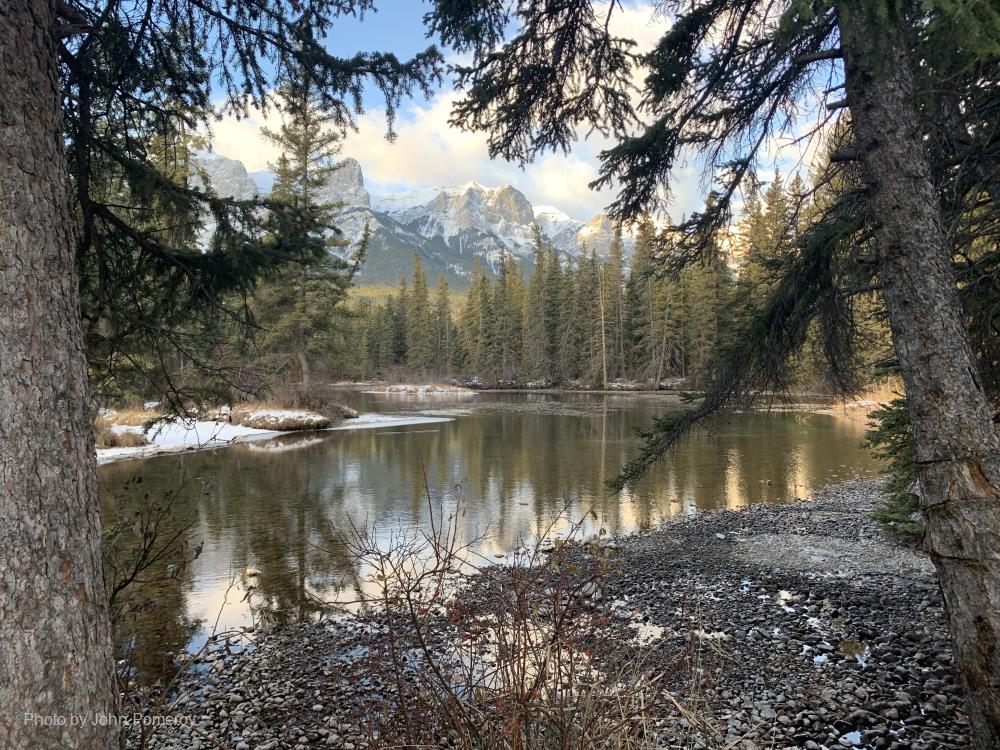
Related items loading ...
Section 1: Publication
Publication Type
Conference Poster
Authorship
Zhao Xiaohui, Li Yanping
Title
Physical Response of the 2013 Alberta Flood Event to Global Warming
Year
2022
Publication Outlet
AOSM2022
DOI
ISBN
ISSN
Citation
Xiaohui Zhao, Yanping Li (2022). Physical Response of the 2013 Alberta Flood Event to Global Warming. Proceedings of the GWF Annual Open Science Meeting, May 16-18, 2022.
Abstract
The greenhouse gas induced warming increases the water holding capacity of the atmosphere, which likely results in enhanced extreme precipitations. Extreme precipitations and associated flooding often cause significant societal disruption; therefore, it is imperative to study the changes of extreme precipitation under climate warming scenario. Most previous studies have focused on the frequency and intensity changes of extreme precipitation events from a statistical or climatological perspective. However, few studies have investigated the physical response of an extreme precipitation event to future climate warming.
During 19-22 June 2013, an extreme precipitation event happened in Alberta, which brought severe flooding and socio-economic damage to many locations in southern Alberta. This work aims to investigate the physical responses of the 2013 Alberta heavy rainfall event to future climate by conducting high-resolution pseudo-global warming WRF simulations. The control experiment is forced with 6-h European Centre for Medium-Range Weather Forecast Interim (ERA-Interim) reanalysis data; the sensitivity experiment is forced with 6-h perturbed ERA-Interim reanalysis data (i.e., ERA-Interim reanalysis + climate change signals derived from 5 global climate models under the Representative Concentration Pathway 8.5 emission scenario). This poster will present results from the two simulations.
Plain Language Summary
Section 2: Additional Information
Program Affiliations
Project Affiliations
Submitters
|
Xiaohui Zhao | Submitter/Presenter | xiaohui.zhao@usask.ca | Global Institute for Water Security, University of Saskatchewan |
Publication Stage
N/A
Theme
Hydrometeorology, Atmosphere and Extremes
Presentation Format
poster presentation
Additional Information
AOSM2022 Climate-Related precipitation extremes First Author: Xiaohui Zhao, Global Institute for Water Security, University of Saskatchewan Additional Authors: Yanping Li, Global Institute for Water Security, University of Saskatchewan; School of Environment and Sustainability, University of Saskatchewan


 GWFNet
GWFNet Master
Master Data
Data Research
Research Map
Map
 Advanced
Advanced Tools
Tools
 . . .
. . .
 Metadata Editor
Metadata Editor
 Record List
Record List
 Alias List Editor
Alias List Editor
 Legacy sites
Legacy sites